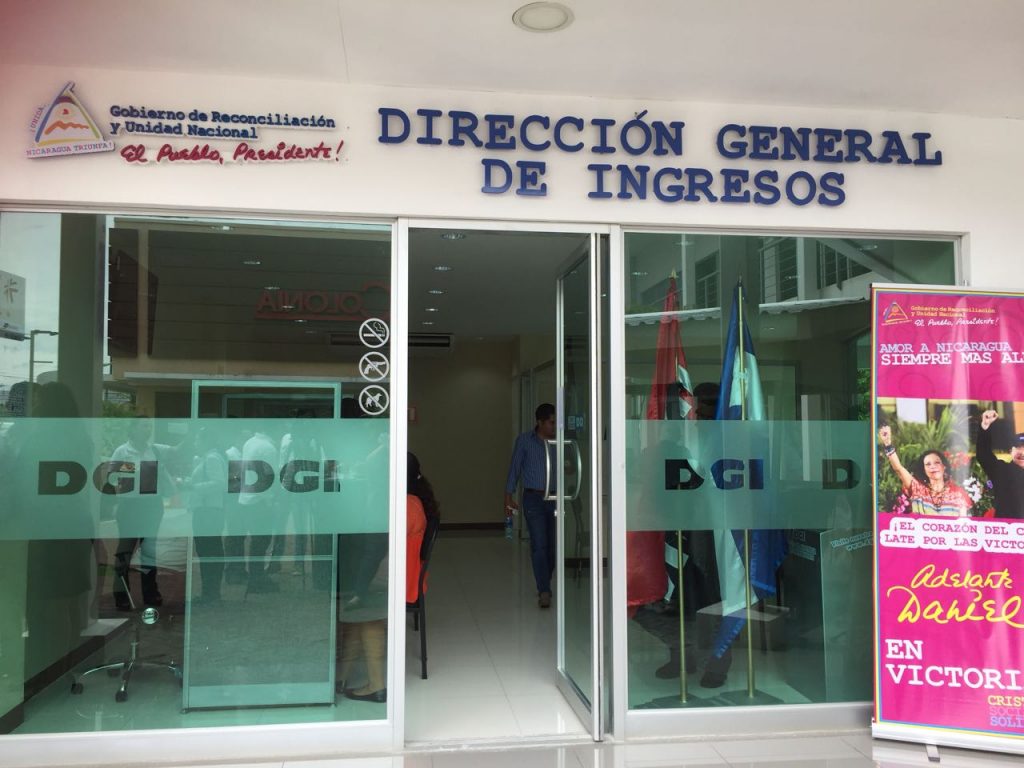Belarus, Venezuela and Argentina lead a ranking of “tax hells” dominated by Latin American countries and whose creators question the “crusade” of international organizations such as the OECD against “tax havens”.
The first edition of this index, produced by The 1841 Foundationplaces twelve countries —eight of them Latin American— in the category of “fiscal hell”, out of a total of 94 included in the ranking, mostly from America and Europe.
The ‘infernal’ lot is made up of Belarus, Venezuela, Argentina, Russia, Ukraine, Nicaragua, Bolivia, Bosnia and Herzegovina, Haiti, Honduras, Mexico and Suriname.
The index, prepared based on the information from the International Monetary Fund (IMF) and the World Bank (WB)takes into account quantitative data, such as tax, inflation and debt pressure, and qualitative indicators, such as political stability and the effectiveness of the State.
Among the “tax hells”, in fact, there are countries with low and high taxes, but, according to the report, “they all have governments of low quality, high corruption and discretionality, poor economic management and weak institutions”.
“The tax hells generally have a high fiscal greed, but they are also states that provide very little legal certainty. There are states with high taxes, but they work well and, in fact, they appear below in the ranking, such as Denmark or Ireland,” Argentine lawyer Martín Litwak, founder and president of The 1841 Foundation, explains to Efe.
Countries at “risk” and “normal”
Litwak, an expert in estate planning and international taxation, points out that, in general, Latin American countries are higher in the table than European ones because many of the latter are “under the legal containment network of the European Union.”
The study identifies fourteen other countries at “risk” of becoming a “tax hell”among which are Ecuador, Brazil, El Salvador, Guatemala, India, Paraguay, Colombia and Armenia.
It is then followed by a large group of “normal” countries, among which Chile appears as the best placed of the Latin American countries and Spain is located in the middle of the table, in position 50.
In this group of “normal” countries there are even some, such as the Bahamas, Panama and Trinidad and Tobago, which the European Union (EU), on the contrary, included a month ago in its updated list of “non-cooperative” countries and territories for the purposes of prosecutors”.
In this list of the EU there are, for example, countries with a zero tax rate or only a nominal tax rate on companies, something that is colloquially called “tax havens”.
“That a jurisdiction is a tax haven in itself has nothing wrong, beyond the fact that there are people who can use it abusively. On the other hand, fiscal hells are always bad”, says Litwak.
They push citizens to move their capital
The point is that The 1841 Foundation rejects initiatives by organizations such as the EU, the Organization for Economic Cooperation and Development (OECD) or the G20 that, in its opinion, promote “fiscal cartelization” —setting a minimum level of taxes— and the “weakening” of the privacy and property rights of individuals.
Last month, after years of intense negotiations to reform the international tax system, 136 OECD members agreed, among other things, that multinational companies be subject to a minimum tax of 15% from 2023.
“The OECD promotes fiscal cartelization and that goes against the individual freedoms of people and countries,” says Litwak.
According to the expert, “tax hells” scare away investments and push citizens to leave their country or move their capital to other jurisdictions that offer greater legal certainty and that, in many cases, have been branded as “tax havens”.
Therefore, for the Argentine lawyer, “The correct path is to fight against tax hells, not against tax havens”.
“The tax haven is a possible response to the existence of tax hells. Without tax hells there are no tax havens. What the OECD is doing is fighting against the result. But as long as the tax hells are not eliminated, alternatives will continue to emerge, such as cryptocurrencies or tax evasion,” warns Litwak.

















